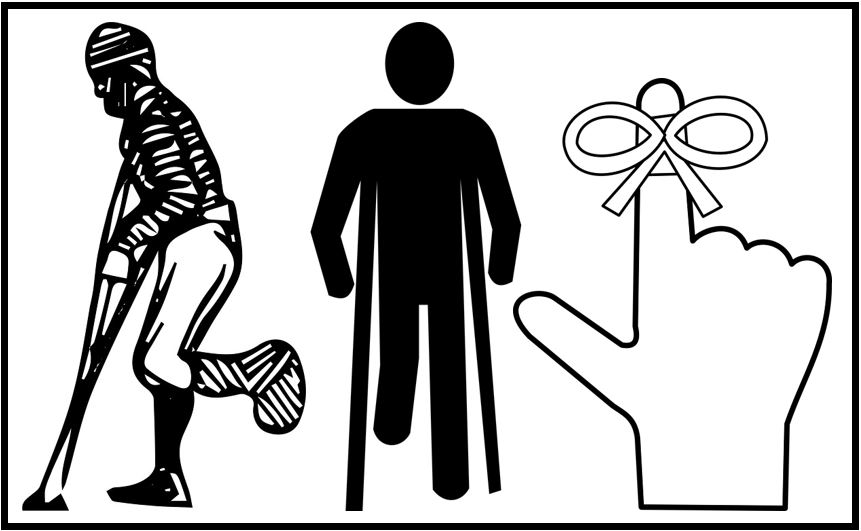Office sharing allows organizations to make use of their vacant office space by inviting other employers to place some of their workers there. Smaller businesses and other entities looking for a flexible working space may opt to rent from more prominent organizations. Sharing creates revenue for the owner of the office space. It also allows for dynamism in operations and enables organizations to explore new markets. It is definitely cost-effective.

In the United States, by law all employers must have an active workers’ compensation insurance plan. It does not matter how small the organization is or whether it shares office space with other entities.
A compensation plan can protect an employer and its staff in the event of an accident. In most states, even if you have just a single employee, you are required to have a workers’ compensation plan. The plan is divided into four categories
- Medical treatment.
- Wage replacement benefits.
- Vocational rehabilitation.
- Other benefits.
These plans can mitigate the financial burden resulting from in a workplace injury whether the office is shared or not. Victims of workplace injuries can also contact a law firm.
Sometimes, small business owners or employers who are renting office space with others mistakenly believe that they do not require workers’ compensation insurance. Workers’ compensation is compulsory across the United States, how much injured workers may receive in compensation varies from state to state.
Compensation is classified according to the nature of your business and the size of your industry. Employers that fail to provide insurance plans for their workers may face a severe fine, lawsuit, or even criminal charges.
How does it work?
Workers’ compensation is governed by laws in the same way that tax and payroll are. There is a difference between each state, and it is important for you, as an employer, to know what your state’s legal requirements are.
In the US, as in most other countries, employees are not entitled to compensation if they caused the accident or workplace injury.
Some scenarios where organizations won’t pay compensation include
- Injury caused by intoxication.
- Injuries caused by drugs.
- Self-inflicted injuries.
- Injuries caused as a result of a violation of company rules and regulations.
- The incident was related to a felony.
- An injury claim after the employee has been laid off.
- The injury was the result of a fight or confrontation with another person.
No one is planning on getting ill or injured. However, if a work-related injury occurs and you are denied compensation of any kind, no one can stop you from filing a work accident report.

Injury compensation is paid in two forms. Pay–As-You-Go or by the Annual Audit.
- Pay-As-You-Go: the company pays employees who suffer work-related injuries after each payroll to enable them to pay for their premiums.
- Annual Audit: this is the most common system where employers pay workers’ compensation through a yearly audit. It is carried out by an insurance company that performs an audit once a year.
Sometimes an employer can dispute a claim if they believe it is invalid. More claims would result in employers making more payments into the compensation account. However, if the employer dismisses a claim, the employee can file a case.
There is also a state workers’ compensation board that can investigate injury claims and render a decision. In this case, a physician would examine the injury and give a verdict.
How much does the employer pay?
This depends on the employee’s class code and rate. The insurer makes this calculation. In the U.S, it is illegal for employers to ask employees to pay part of the compensation.
The type of work employees do plus their responsibilities determine how liable their employers are. Workers in hazardous jobs, i.e., jobs where the risks of injury are greater, typically get larger payouts than their relatively ‘safe’ counterparts.
A construction worker, for example, generally receives more compensation money than a librarian or accountant. Construction workers are exposed to more hazards in the workplace than librarians and accountants.
Conclusion
Workers’ compensation is a type of insurance that covers employee illness and injury suffered in the workplace. It doesn’t matter whether the office is shared.. This is mandatory in the United States in all workplace scenarios when the incident or injury was not the worker’s fault. Even employees who are working remotely, such as at home, may be entitled to the same compensation rights.
Failure to have an insurance plan for workers’ compensation can result in a hefty fine and legal suits. No organization wants to pay a fine or be taken to court. Employers must also inform their staff whenever a compensation payout occurs.
As a business owner, it is important for you to comply with state and federal laws, which apply to both shared and non-shared office settings.

